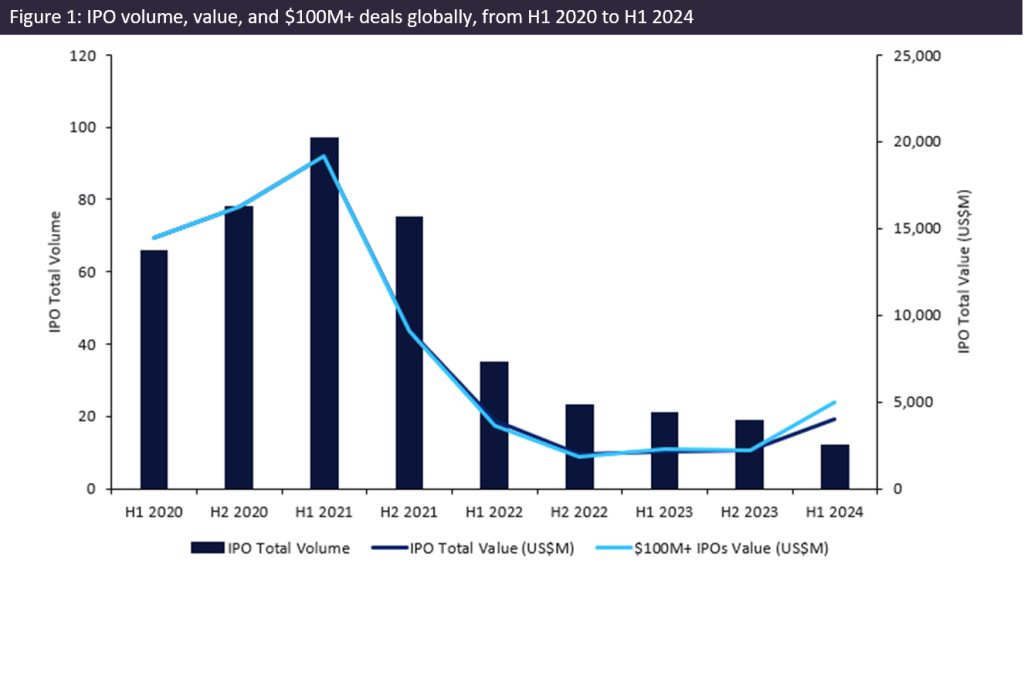A new study suggests that semaglutide use could reduce the prevalence of several indicators associated with tobacco use disorder.
Researchers analysed the health records of 222,942 patients with comorbid type 2 diabetes and tobacco use disorder and used the data to emulate seven target trials. This analysis involved patients in the US who received one of eight forms of anti-diabetes medication between December 2017 and March 2023, 5,967 of whom had received semaglutide.
The records were used to compare patients on semaglutide versus the rest in a trial emulation. Results met statistical significance for three endpoints measured to assess difference in efficacy against tobacco use disorder for semaglutide compared with other medications. Based on the records data, patients receiving semaglutide were up to 68% less likely to be prescribed medication for smoking cessation and up to 21% less likely to receive counselling for tobacco use disorder.
These differences occurred among most group comparisons within 30 days of prescription initiation. What’s more, findings were similar both for patients with obesity and without.
Semaglutide has been a blockbuster drug for Novo Nordisk. It is marketed as Ozempic and Wegovy, bringing in $13.9bn and $4.6bn globally during 2023, respectively. The two drugs are projected to reach $23.3bn and $19.2bn, respectively, by 2028, as per GlobalData. These projections are bolstered by interest in alternate indications for semaglutide and other GLP-1 receptor agonists spanning liver disease, cardiovascular conditions, and neurological disorders among others.
GlobalData is the parent company of Pharmaceutical Technology.
The same authors previously explored semaglutide’s potential in regulating addictive substance use. In March this year, these researchers produced results finding semaglutide was associated with reduced incidence of cannabis use disorder. Later, in May, they also published research suggesting semaglutide may reduce the incidence of alcohol use disorder.
These possible indications for semaglutide use are widespread and rising in prevalence. There are an estimated 73.7 million prevalent cases of alcohol use disorder, for example, in the US according to GlobalData, with this figure projected to rise to 76.1 million by 2028.
The study authors call for clinical trials to evaluate semaglutide as a therapy for tobacco use disorder, suggesting a possible dampening of nicotine’s role in neural reward systems. However, they note that there is not yet data definitively showing cessation of tobacco use following semaglutide administration, as the data “could also reflect other scenarios, such as a reduced willingness to seek help to quit smoking”.















